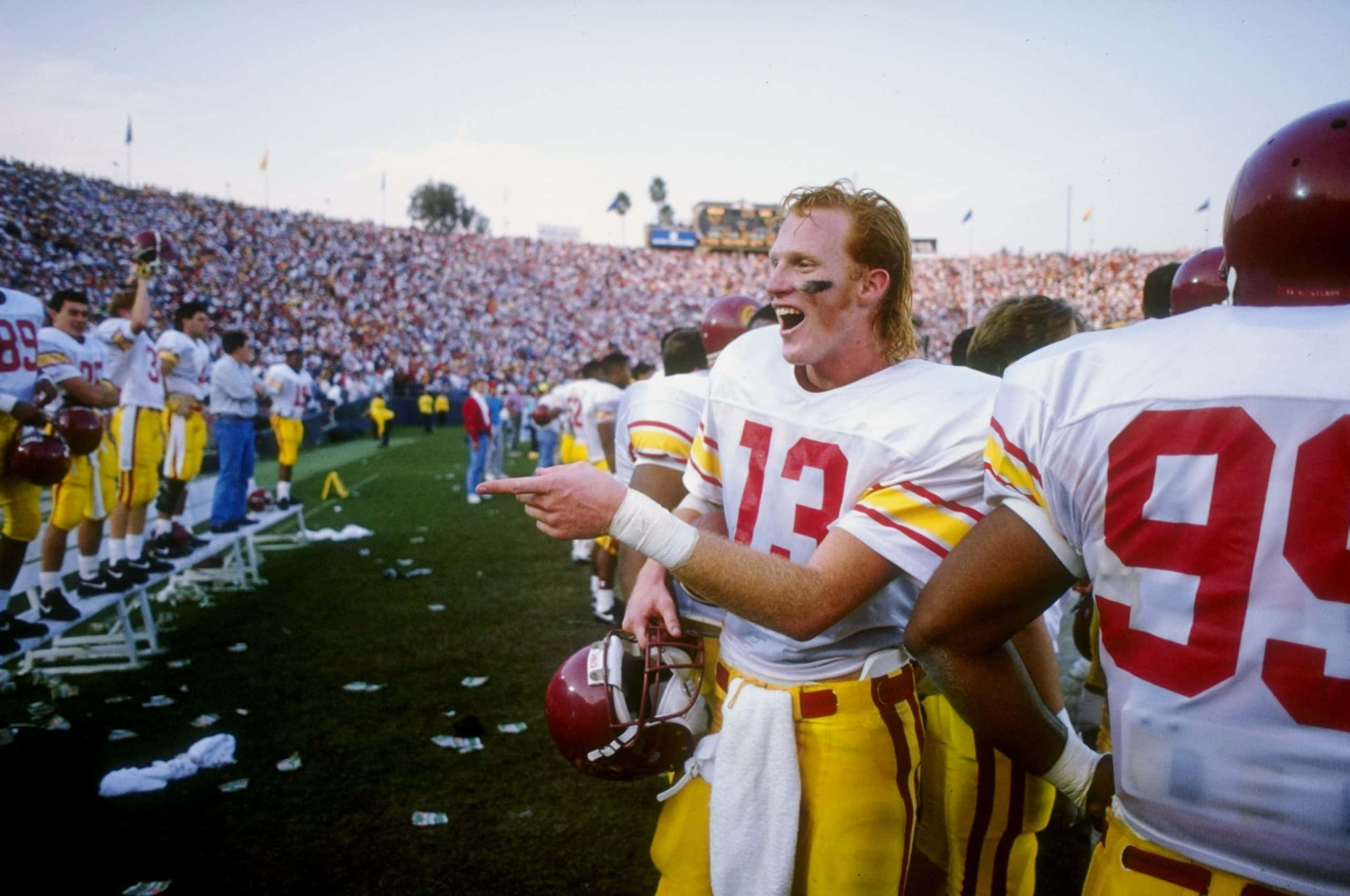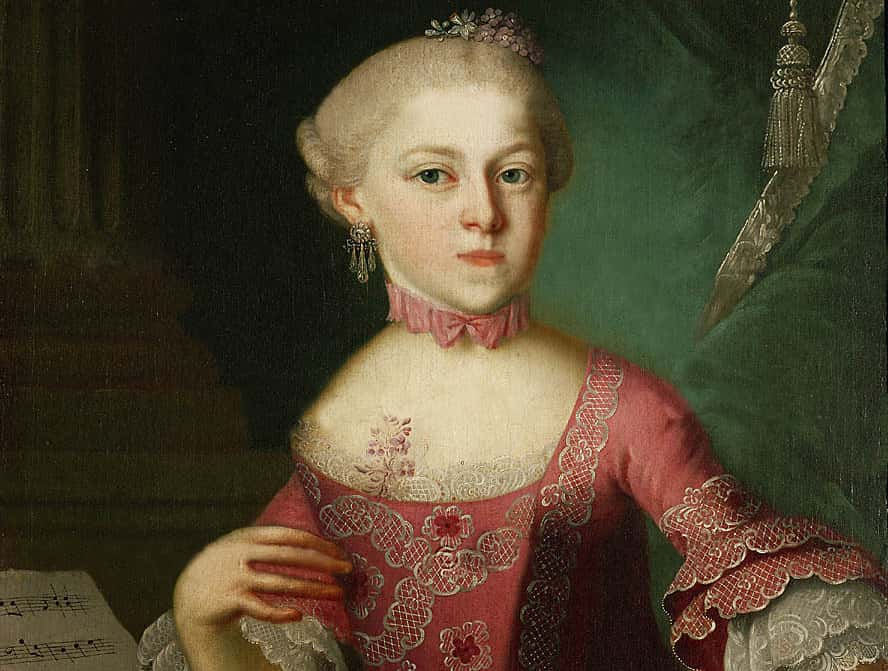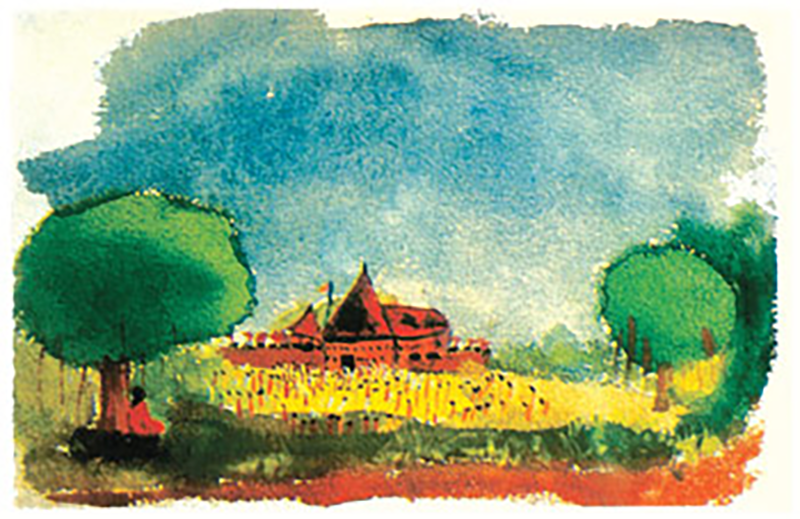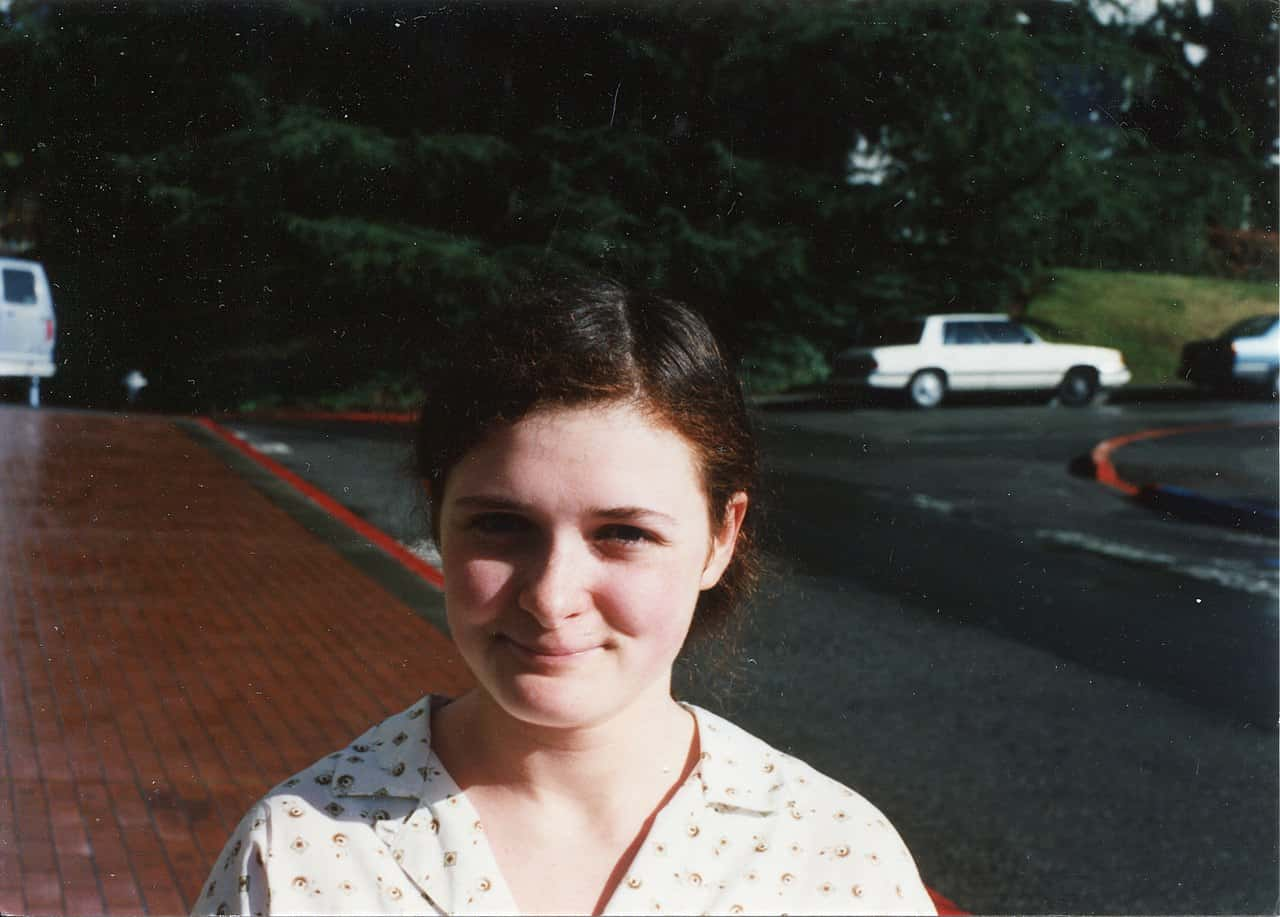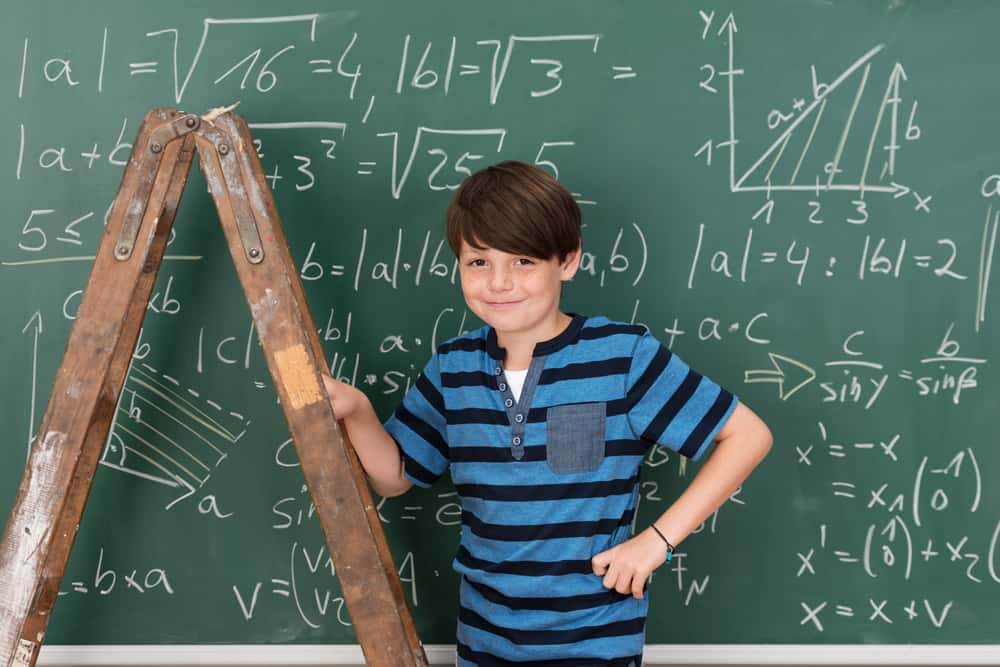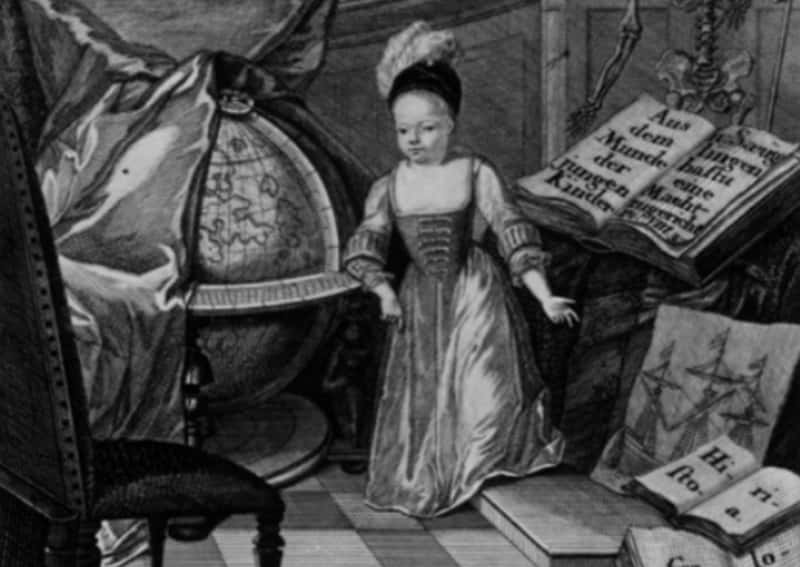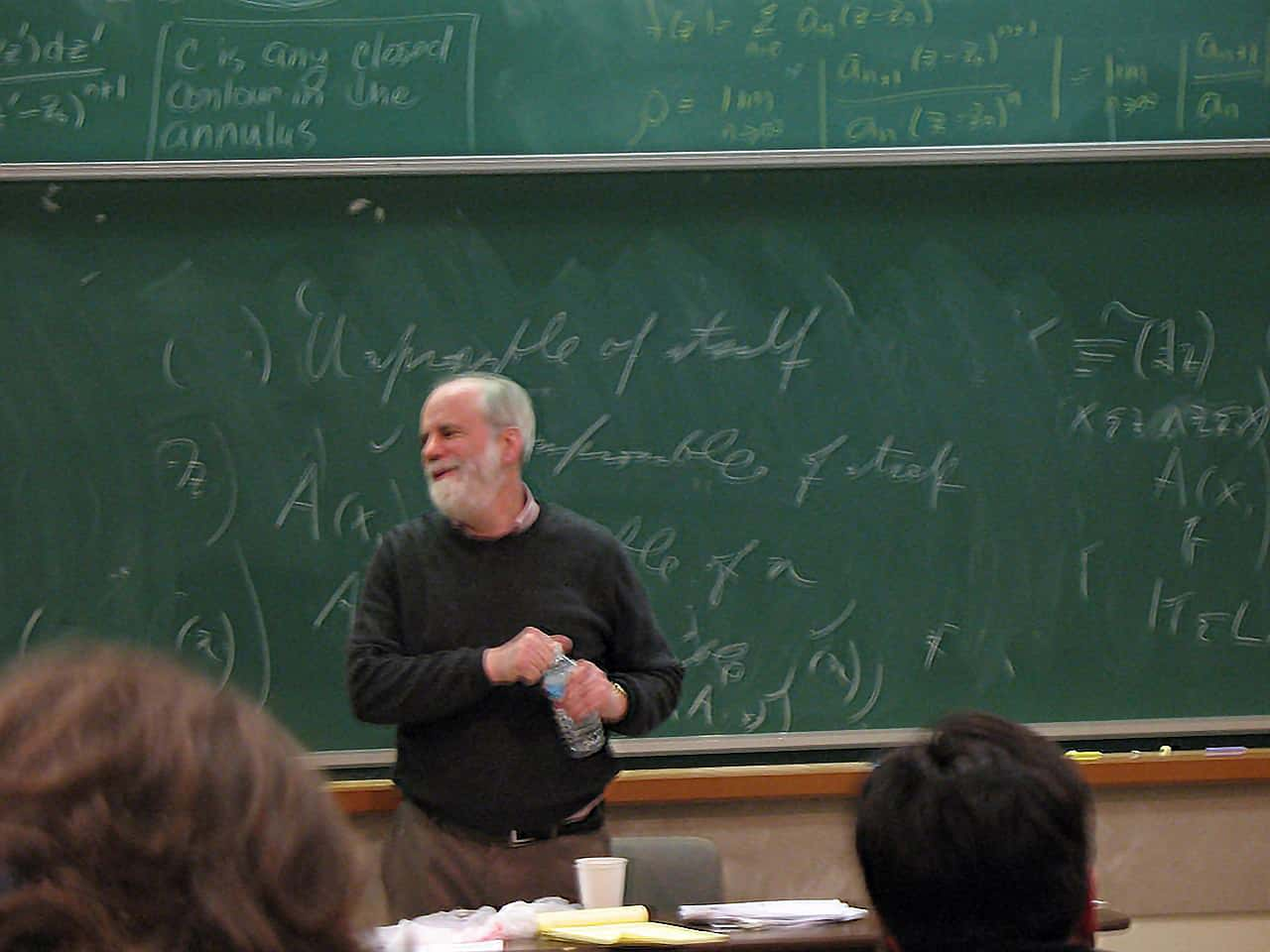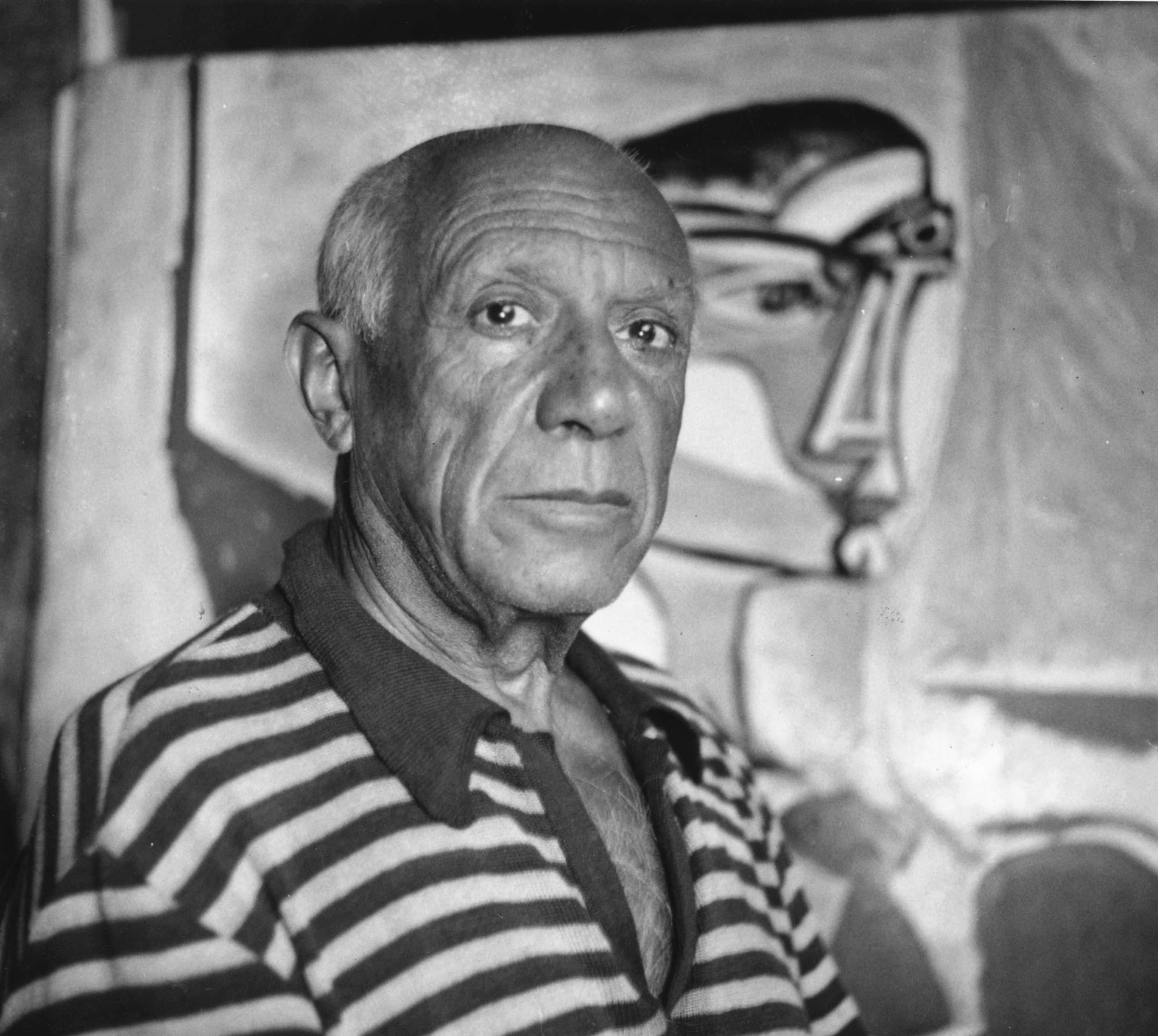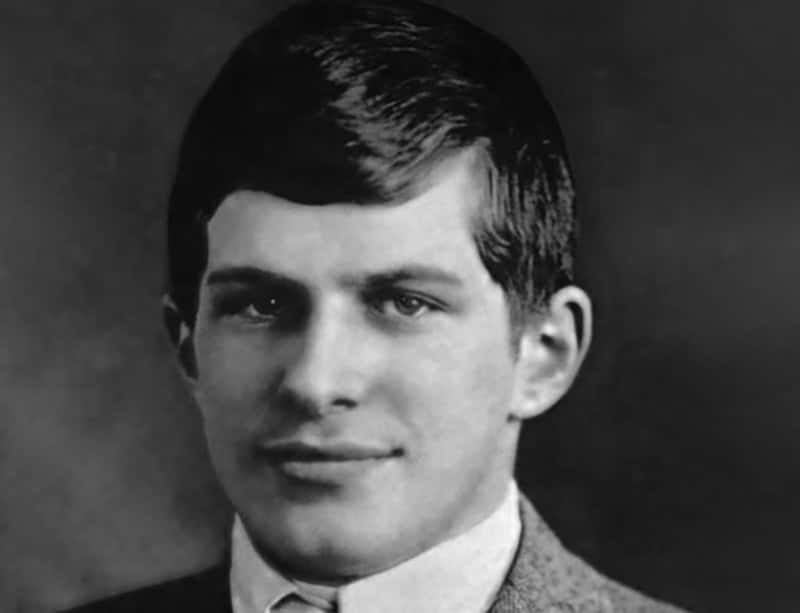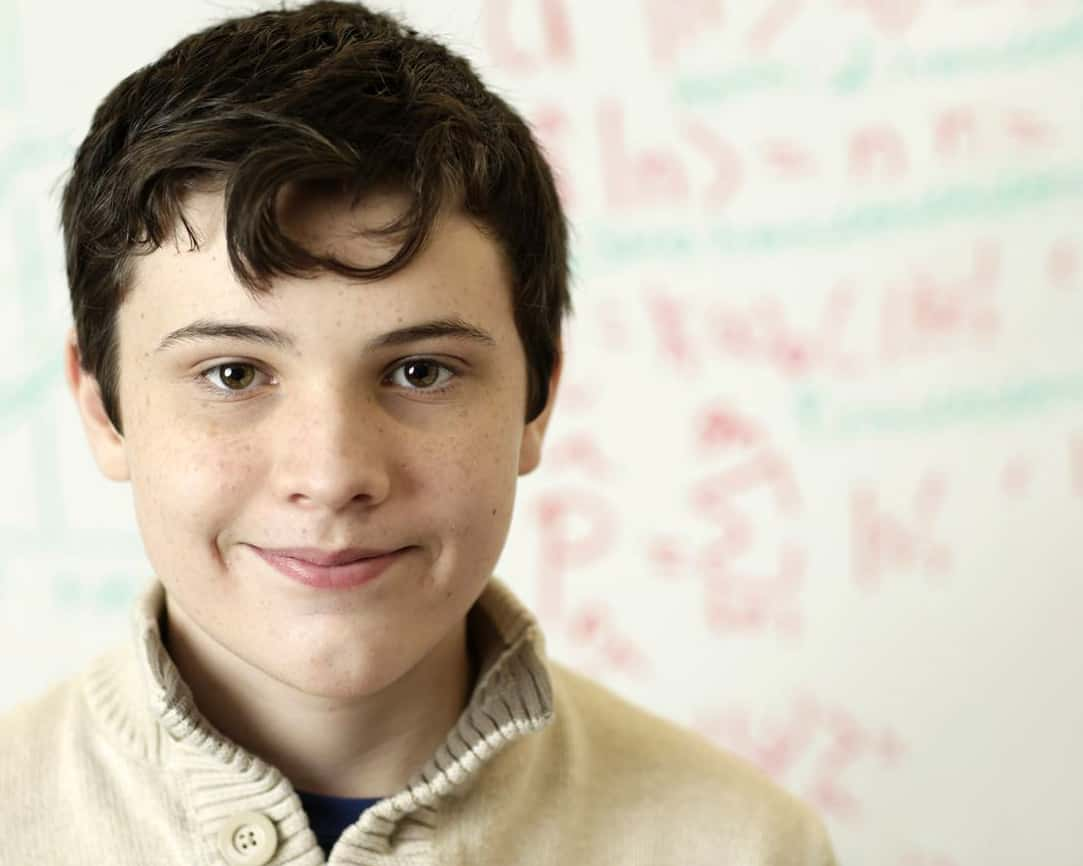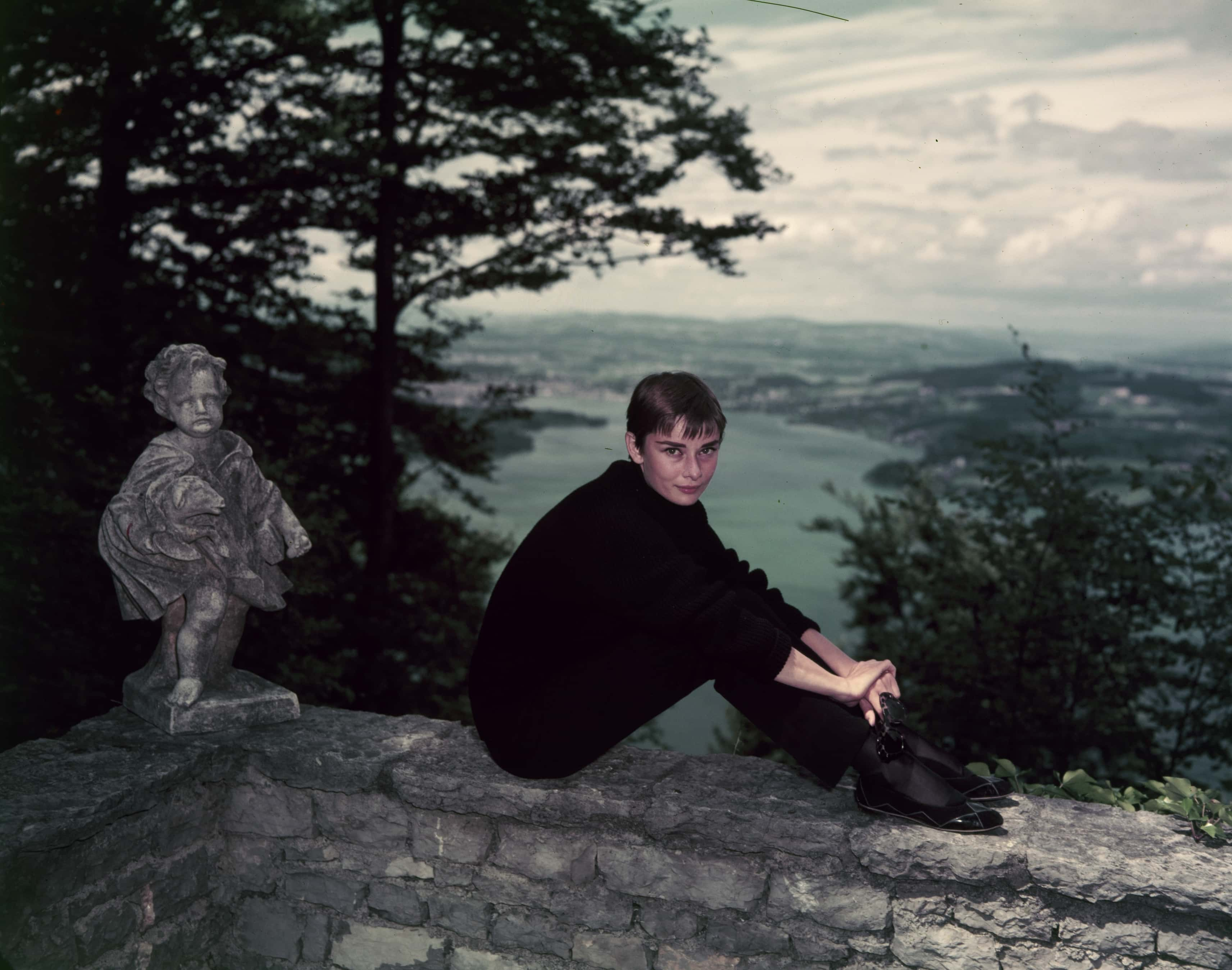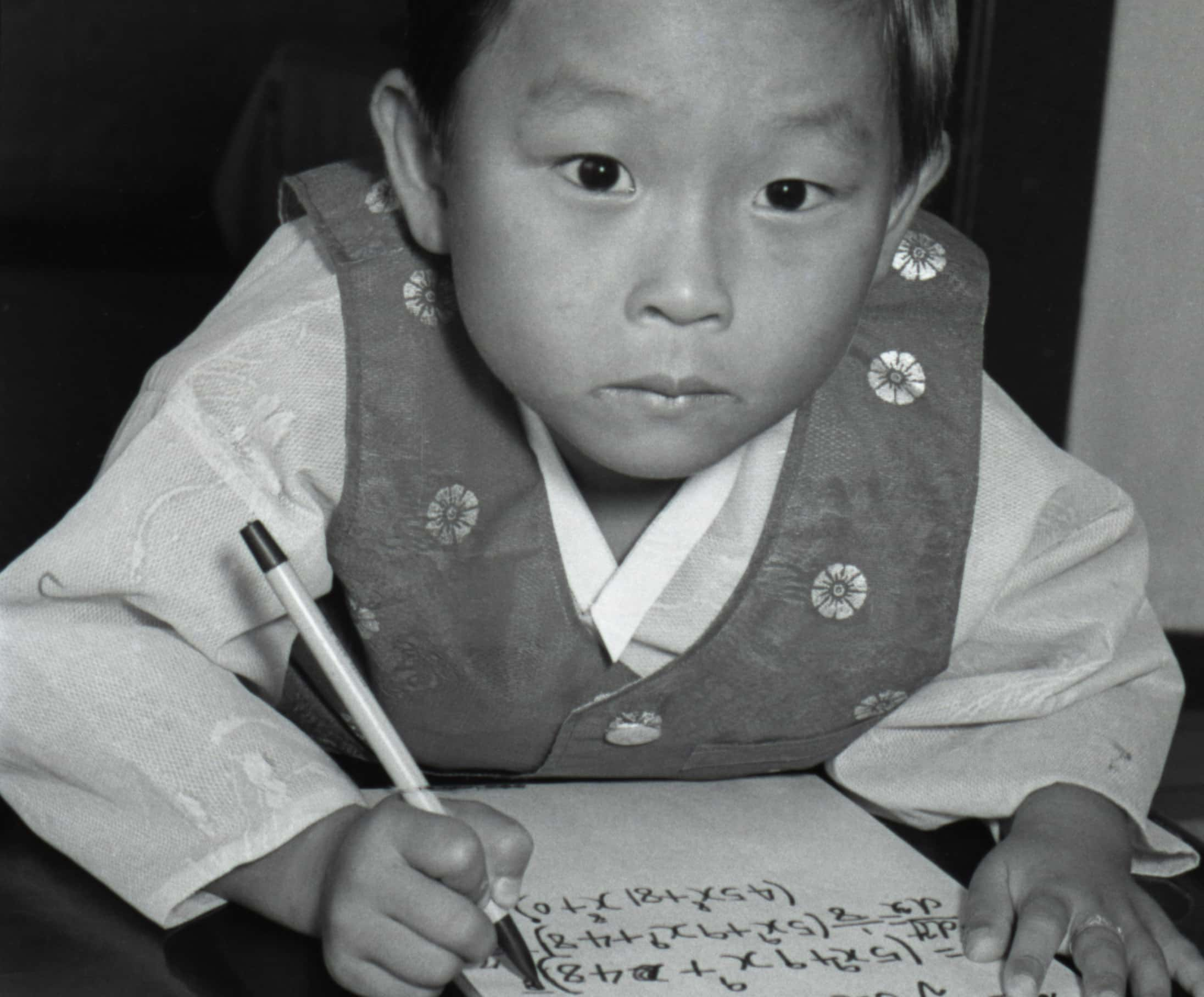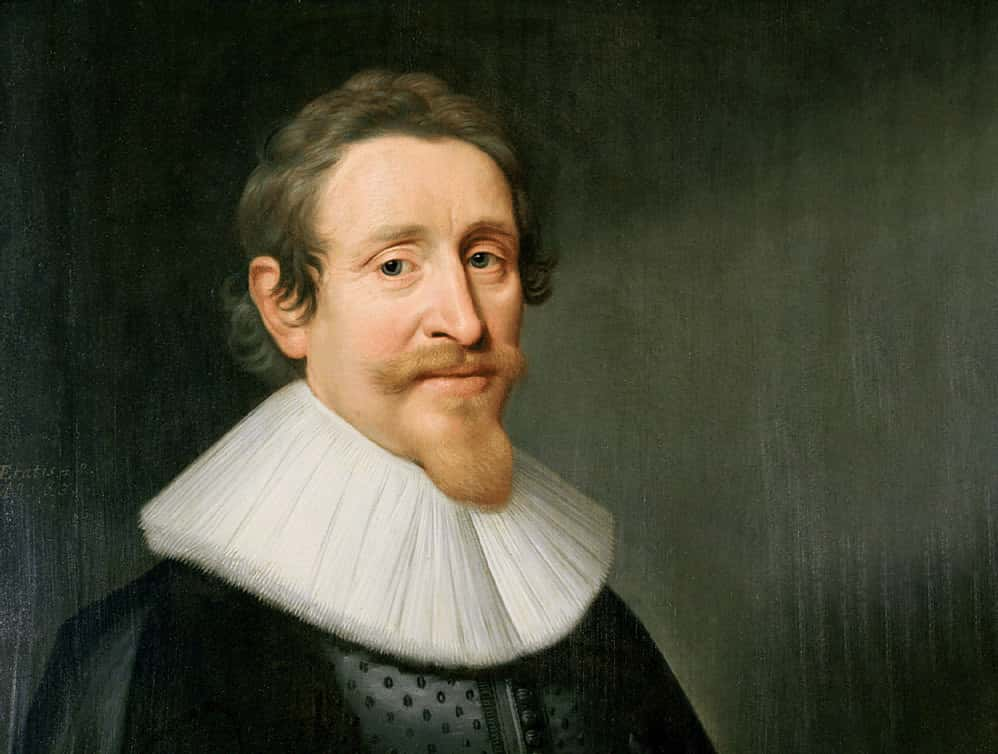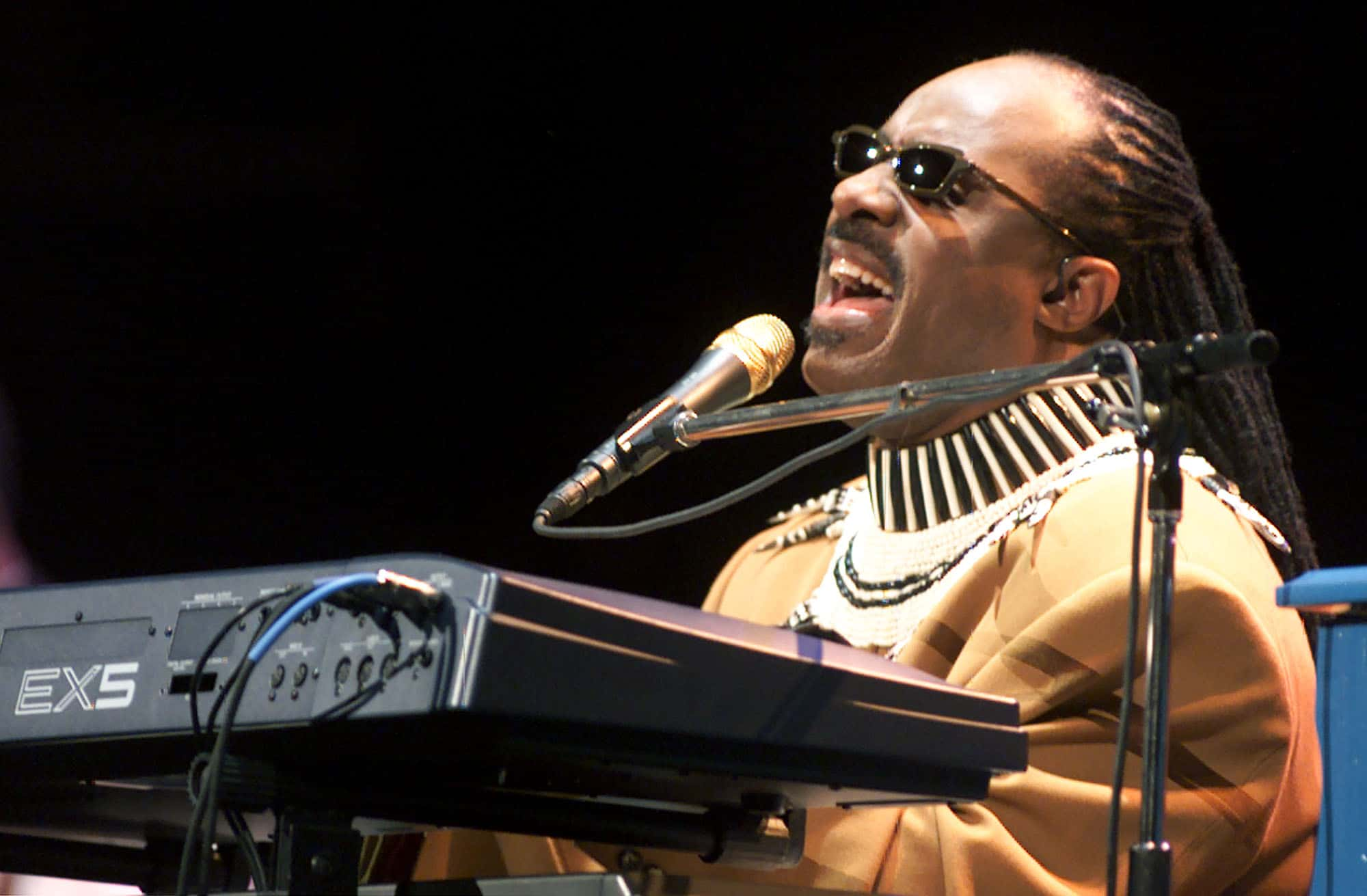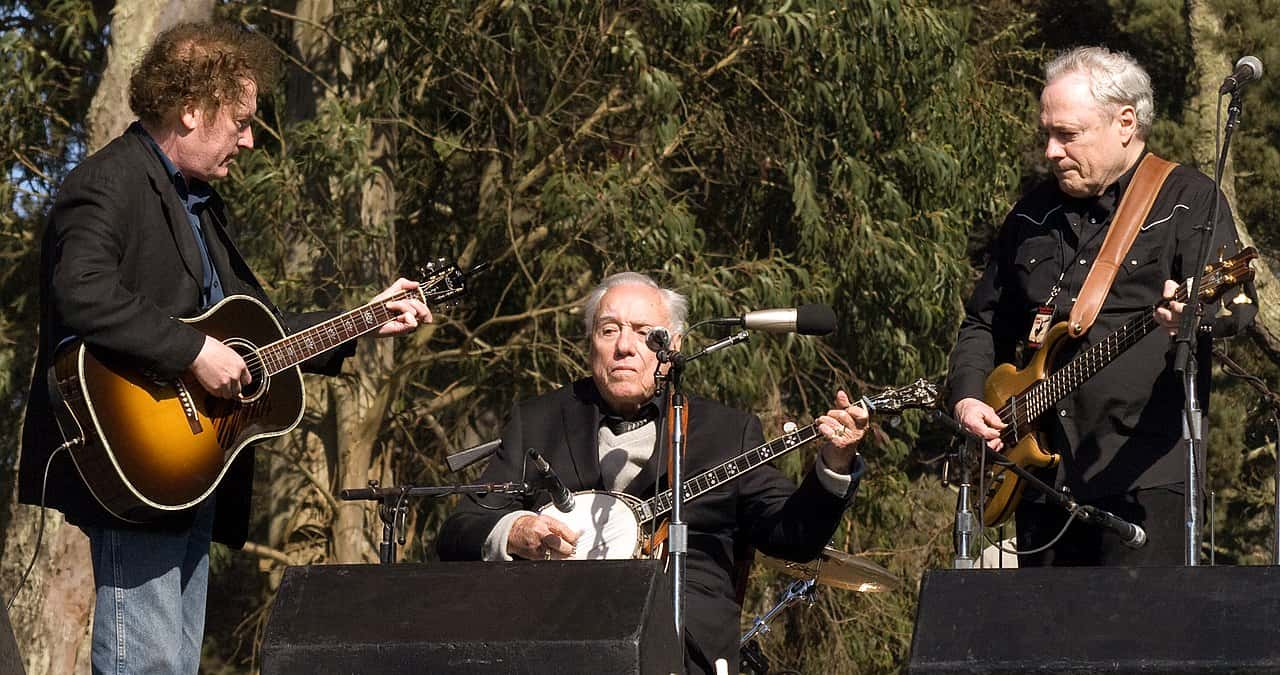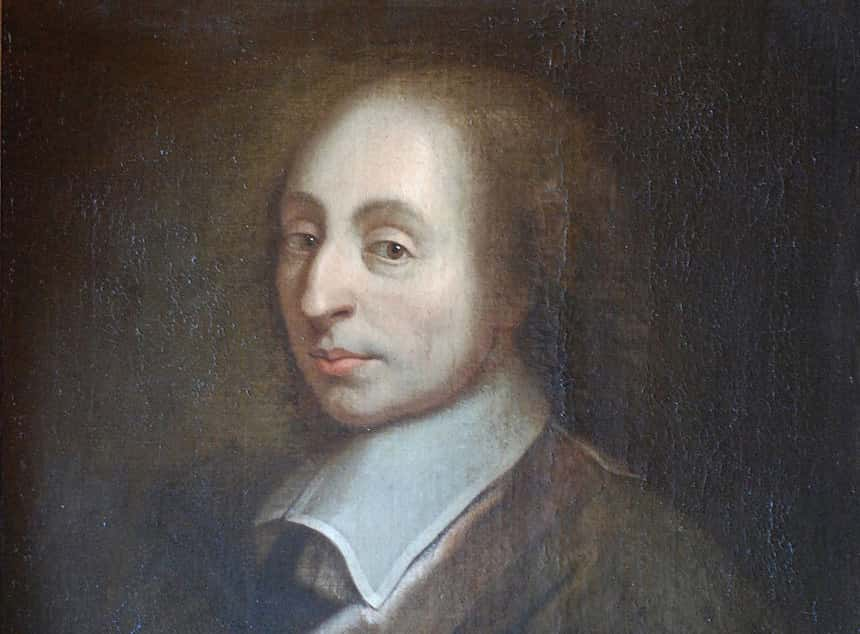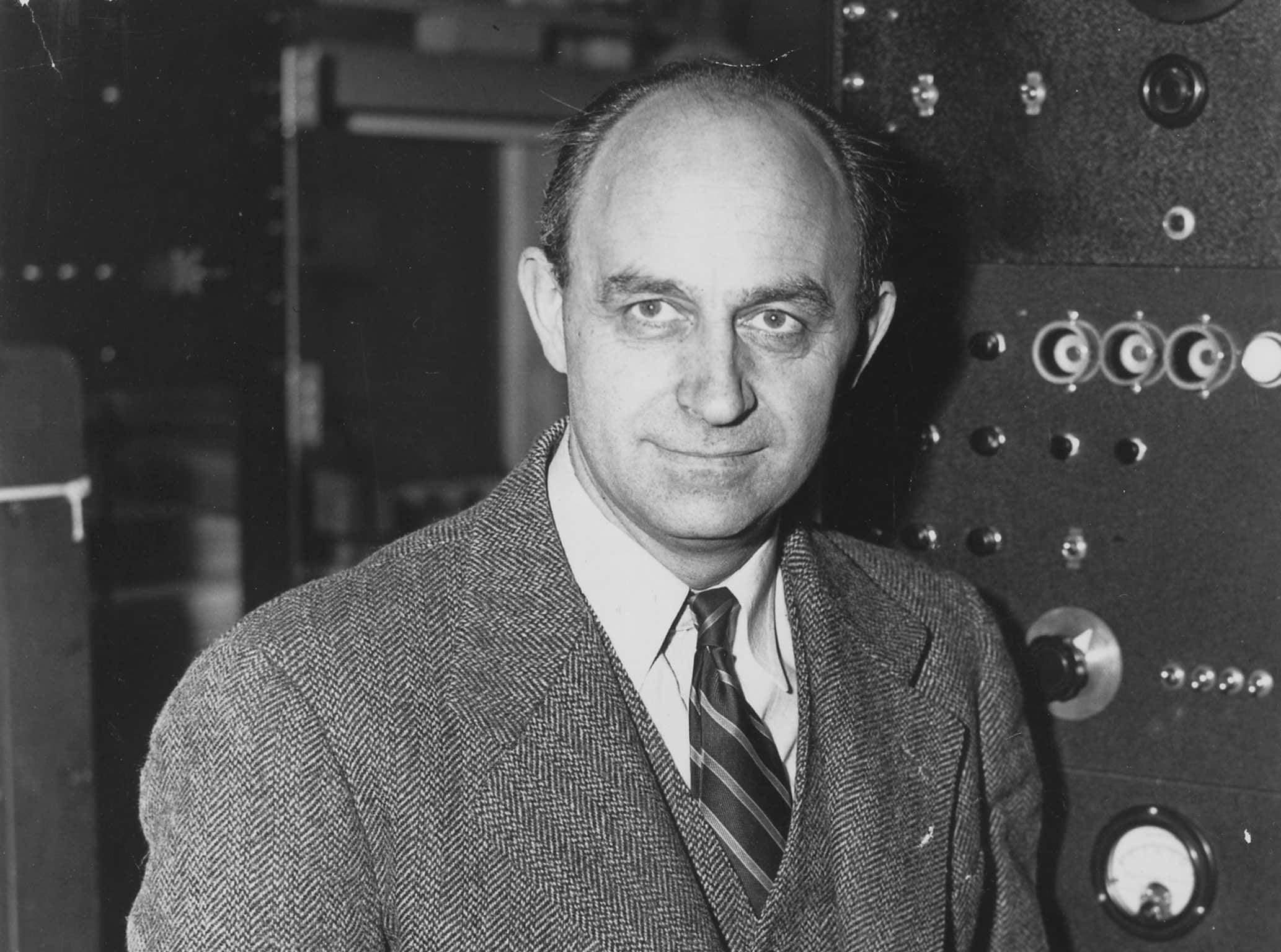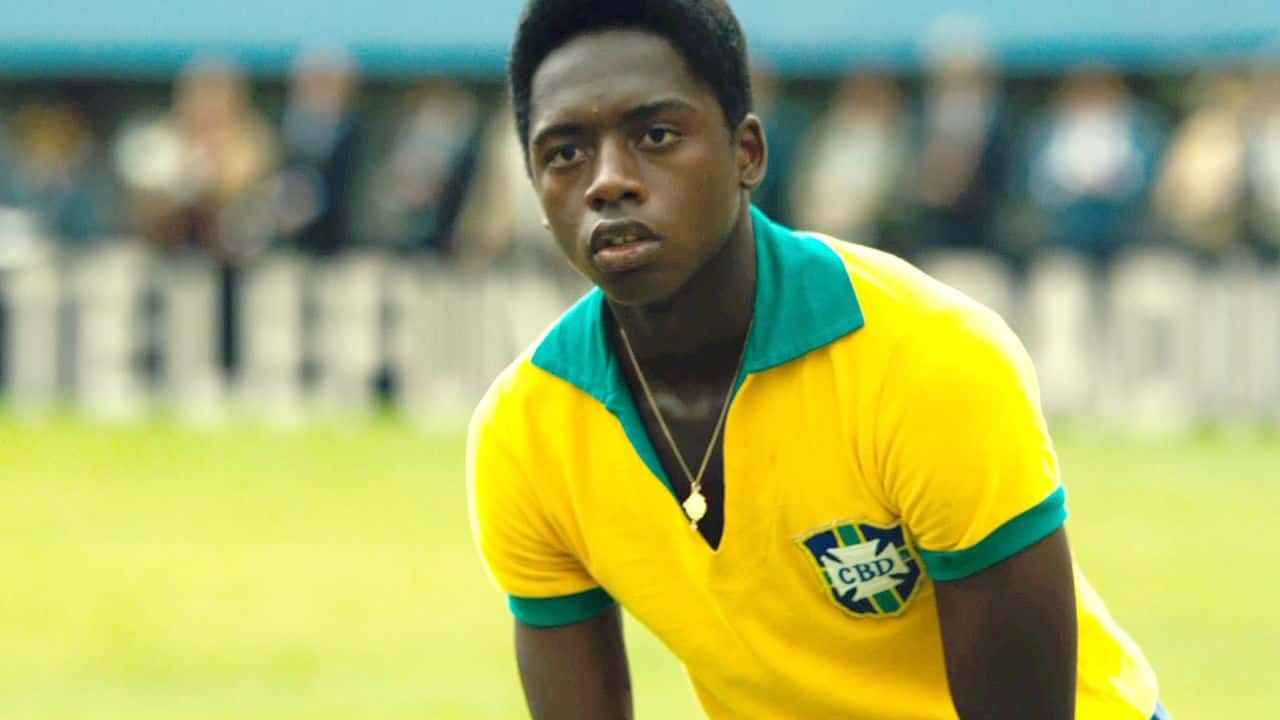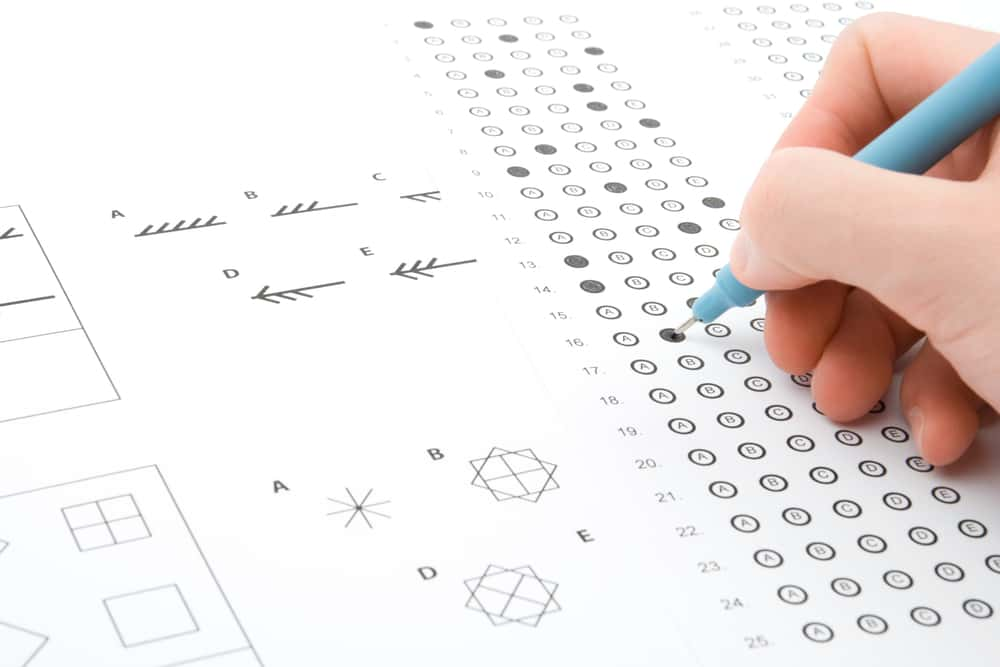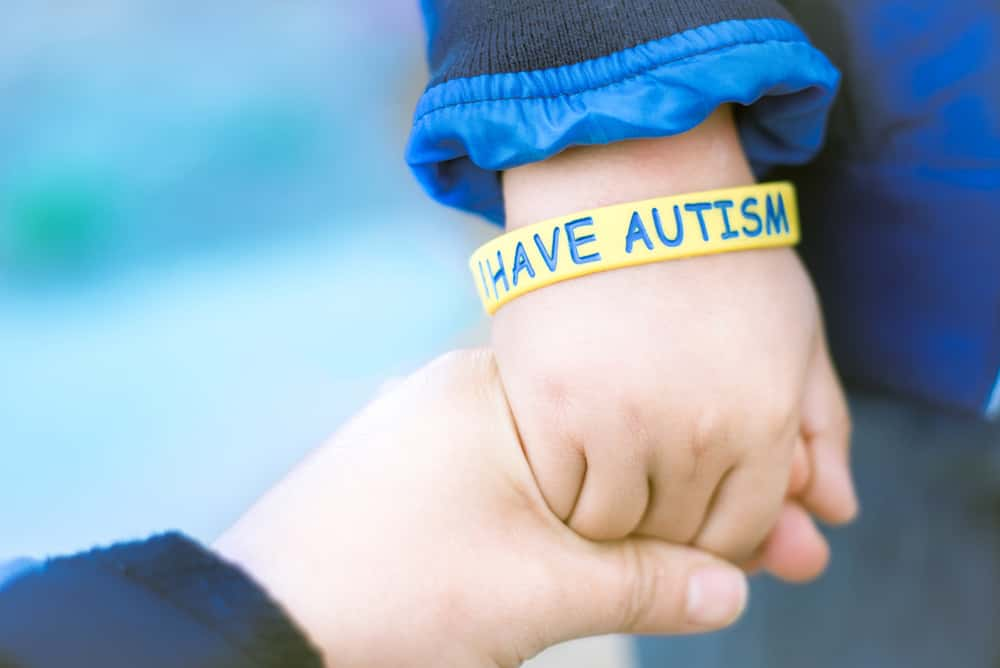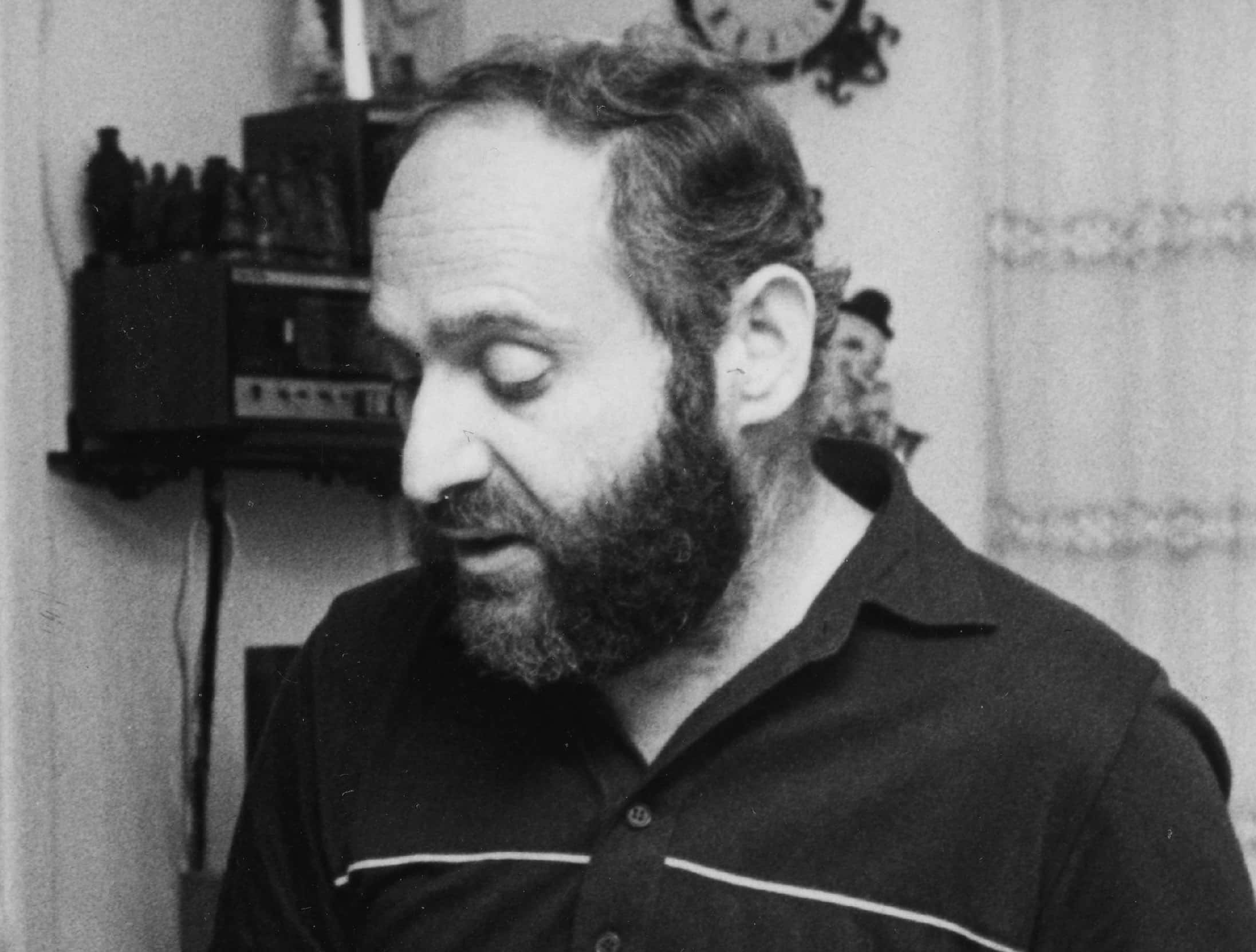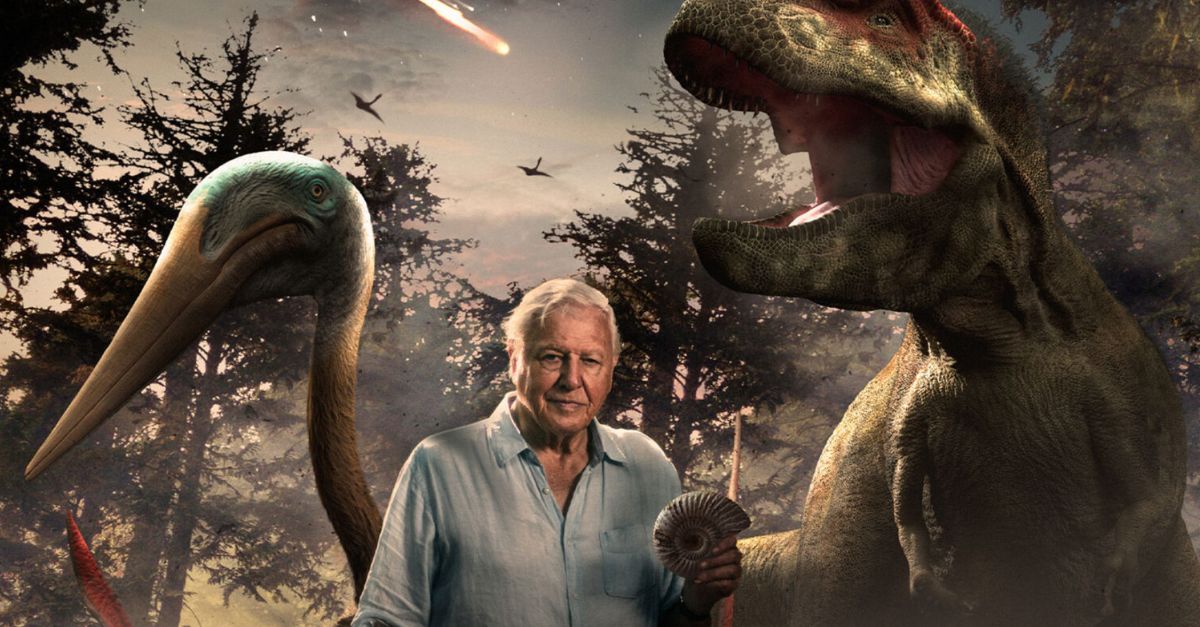“For every child prodigy that you know about, at least 50 potential ones have burned out before you even heard about them.” —Itzhak Perlman
Child prodigies have long fascinated us for their seemingly supernatural intellectual or artistic abilities. Who are these precocious youngsters? How did they develop such incredible talent? And how effectively do they navigate the troubled transition from life as a childhood sensation to the routine travails of adulthood?
One thing we know for sure is that they're dang impressive. Sometimes they can even make us feel a little inadequate ourselves! But hearing the capabilities of some of these incredible young geniuses can also be an inspiring reminder that anything is possible.
Without further ado, here are 44 extraordinary facts about child prodigies.
Child Prodigies Facts
44. The Great One
It is unsurprising to learn that famed hockey player Wayne Gretzky was a precocious talent at an early age. The young Gretzky was schooled by his father, who built an ice rink in the backyard of their home, where Gretzky spent hours practicing his craft. The diminutive six-year-old Gretzky dominated play on a team of ten-year-olds and later scored an unbelievable 378 goals as a ten-year-old himself. Gretzky moved to Toronto as a 14-year-old to play hockey and became professional by the age of 17.
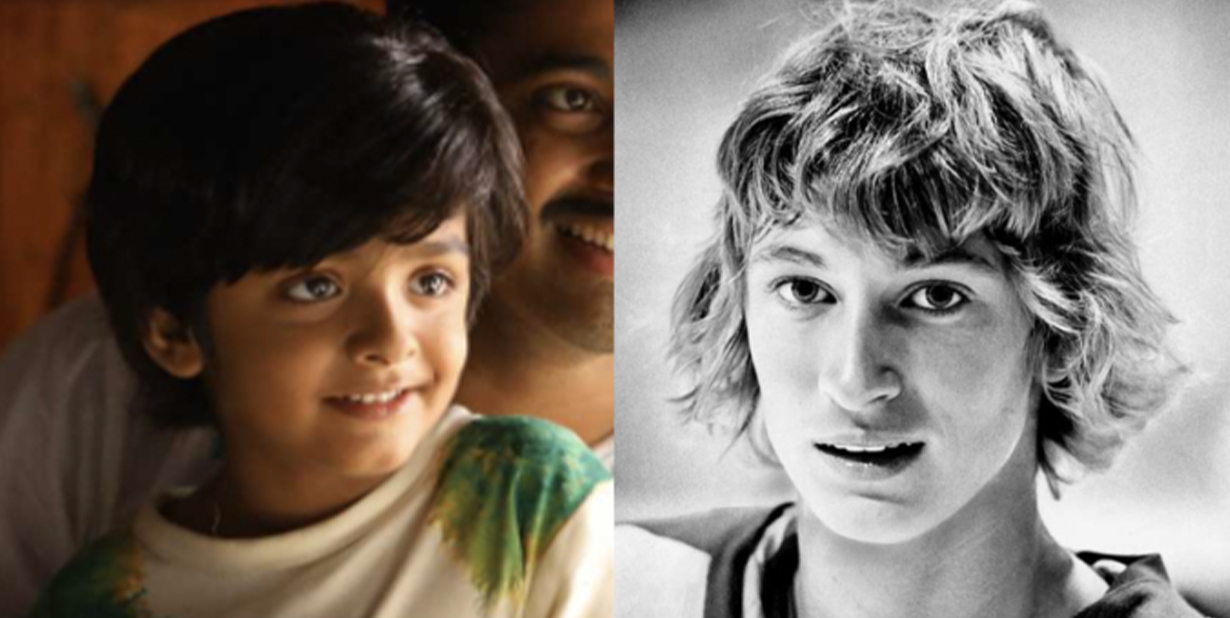
43. The Robo QB
Marv Marinovich sought to create the perfect football quarterback, asking “How well could a kid develop if you provided him with the perfect environment?” Marv would soon find out with his son Todd, upon whom he tested his theories. Marv strictly controlled Todd’s diet and began working on Todd’s physical conditioning when Todd was only one month old! Todd would soon become a superstar quarterback talent who was profiled in magazines as the “Robo QB” and the “first test-tube athlete,” and was highly sought after straight out of high school by college teams. As the pressure escalated, Todd resorted to using substances as a coping mechanism for handling the extraordinarily high expectations imposed on him. Marinovich had a brief career as a quarterback in the NFL before dropping out of the league. Since then, he has held numerous part-time positions such as removing barnacles from boats, all while experiencing repeated issues connected to drug-related transgressions.
42. The First Mozart
Mozart’s older sister, Maria Anna Mozart, was a piano playing prodigy who was considered one the finest pianists in Europe at just 12 years old. Soon, of course, she would be outshone by her younger brother, Wolfgang Amadeus. That said, some credit the younger’s Mozart’s prodigious development as being in part based on his experience observing and learning from his older sister.
41. Paint by Numbers
Indian prodigy Edmund Thomas Clint painted 25,000 paintings before dying of kidney failure on his seventh birthday. His works have since been displayed in exhibitions, with some saying that it would normally take years and years of analytical study and training to produce such proficient work.
40. First Place, First Class
Prodigy Ruth Lawrence passed the Oxford University mathematics entrance examination at the age of 12, coming first place out of 530 test-takers. She then graduated from Oxford with a first class degree and special commendation at the age of 13.
39. For He’s a Mighty Good Farrow
Ronan Farrow—the son of Mia Farrow—graduated from university at age 15 and was accepted to Yale Law School at the age of 16. He later served in the US State Department under President Obama and, notably, assisted in revealing the allegations of misconduct against Harvey Weinstein in the New Yorker magazine.
38. Sensitive Persons
A psychologist who studied child prodigies for nearly 20 years has said that they are “the most morally sensitive and generous individuals” she has ever met. This seems to be a consistent finding in studies on prodigies: a deep sense of justice, outsized feelings of empathy and a strongly rooted motivation to improve the world.
37. The Very Beginning
Some studies have linked prenatal experiences with child prodigies. There seems to be evidence that that prodigy’s are over-represented in cases of pregnancy complications and premature births.
36. Flavors of Genius
Now better known for yelling “Yeahhhh boyy!” and his reality show Flavor of Love, Public Enemy rapper and hype-man Flavor Flav was considered a musical prodigy in his youth. Flav sang in the youth choir and mastered piano, guitar, and drums at an early age. He is reported to be proficient in playing fifteen different instruments.
35. All In the Game
Michael Kearney is an American child prodigy who set a record by graduating from college with a degree in Anthropology at the tender age of ten years old. He is also notable as a game-show contestant on the shows Gold Rush and Who Wants to be a Millionaire, having won a cumulative amount of over $1 million. Sometimes genius does pay!
34. Explosive Intelligence
Ted Kaczynski (who later became the infamous Unabomber) was a child prodigy with a reported IQ of 167. He was admitted into Harvard at the age of 16 and became the youngest ever assistant professor of mathematics at the University of California, Berkeley.
33. Impressing the King
Christian Heinrich Heineken was an 18th-century child prodigy who read the Pentateuch (the first five books of the Hebrew Bible) by the time he was one. Yes, one. He later recited his own version of The History of Denmark to the King of Denmark when he was just three years old. Tragically, Heineken succumbed to celiac disease at the age of four.
32. The Human Computer
Indian mathematical child prodigy Shakuntala Devi was known for her incredible ability to solve equations in her head. She was nicknamed the “human computer” in 1977 after she calculated the 23rd root of a 201 digit number faster than a computer could at the time.
31. Bizarro Maeby Funke
Riley Weston is an American screenwriter and actor who was falsely hailed as a child prodigy and wunderkind after she lied about her age. Weston submitted screenplays to television studios while marketing herself as a recent high school graduate (even though she was, in reality, 32 years old). She was soon hired to write for the TV show Felicity and was hyped as Entertainment Weekly’s “100 Most Creative People in the Industry.” She was offered a half-million dollar screenwriting deal by Disney before the truth about her real age emerged and she was shunned by the industry. Weston’s story subsequently sparked significant discussion regarding age bias in the entertainment industry.
30. Hidden Talent
Ursula Parker, who plays Jane on the TV show Louie, is considered a musical child prodigy. She began playing the violin at the age of three and played Carnegie Hall at the age of eight.
29. An Offer He Could Refuse
American philosopher and logician Saul Kripke was a child prodigy who was offered a teaching post by Harvard by their department of mathematics after he submitted a groundbreaking paper to the University on modal logic. Kripke, who was still an adolescent, allegedly wrote back declining Harvard’s offer, stating “My mother said that I should finish high school and go to college first."
28. Fischer of Men
Reclusive chess grandmaster Bobby Fischer was a prodigious chess player at a young age, and he became the youngest ever US Junior Champion at the age of 13. The following year, he was victorious against a leading adult American chess master in a match that historians refer to as the “Game of the Century.” One writer described the the game as “a stunning masterpiece of combination play performed by a boy of 13 against a formidable opponent, matches the finest on record in the history of chess prodigies.”
27. Born This Way
Picasso showed his artistic talents very early, receiving formal artistic training in figure drawing and oil painting from his artist father from the age of seven. According to his mother, Picasso’s first word was “piz,” which is a shortened Spanish word for pencil.
26. Smartest Ever?
William James Sidis, who is sometimes considered the smartest person to have ever lived, was reading the New York Times by the time he was 18 months old and reportedly taught himself eight languages by the time was only eight years old—as well as inventing another language, which he called Vendergood. After being the youngest person to ever be admitted to Harvard at the time, in later years Sidis withdrew from public life and wrote pseudonymously about a wide range of subjects.
25. Defying Expectations
Jacob Barnett was born with a severe case of Asperger’s Syndrome and was written off by doctors and psychologists who believed he would never be able to read, write or even tie his own shoelaces. The outlook regarding Barnett changed, though, one day when he was three when he independently explained why the moons around Mars were not round while attending a planetarium lecture. Barnett has tested at an IQ of 189 and enrolled in University at the age of 11.
24. What Happens to a Dream Deferred?
Audrey Hepburn was a ballet prodigy in her youth, studying under leading ballet figures in the Netherlands and Britain. When she got older, Hepburn told by an instructor that she was too small and thin—as a result of malnutrition suffered during the Dutch famines of WWII—to ever become a leading ballerina. Hepburn’s focus soon fell to acting, where she carved out one of the most illustrious careers of the 20th century.
23. Uncertain Provenance
A 2007 documentary film called “My Kid Could Paint That” followed the burgeoning artistic career of a prodigious seven-year-old abstract painter named Marla Olmsted. Olmsted had attracted significant media attention by the time she was four with her abstract art and had sold paintings for tens of thousands of dollars. The documentary later revealed that it was likely that Olmsted’s work was done with significant assistance and direction from her parents.
22. The 8-Year-Old Nuclear Physicist
South Korean Kim Ung-Yung is already excelling tremendously in life. Kim is a child prodigy who solved calculus problems and published a best-selling book of English and German essays when he was only three years old. He was later invited by NASA to study nuclear physics in the US at the age of 8. Kim is listed in the Guinness Book of World Records as having the highest-ever recorded IQ, at 210.
21. Opting Out
Sufiah Yusof was a British mathematics prodigy who entered Oxford University at the young age of 13. She was reported as missing after completing her third year Masters final examinations and was later found working in an internet café as a waitress. She declined to go back home, pointing out emotional mistreatment and harm inflicted by her father. After completing her degree, Yusof has generally steered clear from professions requiring a heavy focus on mathematics, choosing careers as a social worker, an adult industry worker, and an administrative assistant.
20. Nobel Nominee
Gregory Smith was only ten years old when he received a $70,000 college scholarship. Two years later, Smith spoke in front of the United Nations and was nominated for a Nobel Peace Prize. He has since been nominated for the Nobel Peace Prize several times for humanitarian work in East Timor, Sao Paolo, Rwanda, and Kenya.
19. Mighty Magnus
Magnus Carlsen initially showed little interest in chess when he was first shown it by his father at the age of five. By the time he was 13, though, he became the second youngest Grandmaster of all time and was the youngest player to ever be ranked number one by chess’ international ranking body, the FIDE, at the age of 19. Carlsen’s chess dominance has continued through his twenties and he is currently ranked the number one chess player in the world.
18. Fashionably Early
In 2008, 11-year old Chicagoan Tavi Gevinson started a fashion blog called Style Rookie. Her blog quickly exploded in popularity, and the young pre-teen began to be invited to the fashion world’s most important events, including both Paris and New York Fashion Weeks. Gevinson subsequently founded the general interest magazine Rookie at the age of fifteen and began taking major acting roles at the age of sixteen. The rest of us wore pants our mom bought us until college.
17. The Miracle of Holland
The famous Dutch jurist, Hugo Grotius, was a child prodigy who entered university at age eleven. At fifteen, young Grotius was called the “miracle of Holland” by King Henry IV and Grotius juridical work was later credited with having founded the basic doctrines of international law. Grotius later found himself imprisoned due to his involvement in the Dutch religious dispute, but he managed to escape by concealing himself in a chest of books.
16. The Wonder Years
In 1961, eleven-year-old Stevland Hardaway Morris sang his own composition entitled “Lonely Boy” to Ronnie White, a member of the Motown R&B group The Miracles. A few days later, White took young Morris to Motown’s studios, where he was signed on the spot and renamed Little Stevie Wonder. Wonder began touring on the chitlin circuit at the age of 12 and his hit song “Fingertips,” which was recorded around this time became a No. 1 hit on the Billboard Hot 100 when Wonder was 13, making him the youngest ever artist to top the charts. Isn’t that lovely?
15. Finger Picking Good
Earl Scruggs was a young farm-boy in rural Flint Hill, North Carolina when he took up playing the banjo. Scruggs was too small to hold the banjo at first, but improvised a technique whereby he could play it by setting it on the floor and moving it around depending on the part of the neck he was playing. Scruggs quickly excelled at the instrument, playing on a radio talent show at the age of eleven, and soon popularized the now-dominant three-finger banjo picking technique named after him called “Scruggs Style,” that is now considered the defining sound of bluegrass music.
14. Just Blaise
Blaise Pascal showed extraordinary mathematical and scientific skills at a young age. He wrote his first proof on a wall with a piece of coal at age nine and, at 16, authored a groundbreaking mathematical theorem on conics that is still known to this day as Pascal’s Theorem. Pascal invented a mechanical calculator at the age of 19 in order to help his father perform the endless, exhausting calculations and re-calculations in his work as a French tax commissioner. These calculating machines are still considered brilliant forerunners to the next 400 years of mechanical calculation and, ultimately, computer engineering.
13. Promethea Unbound
Greek-American Jasmine Smith grew up in poverty raised by a single mother, and was briefly homeless as a young child. Smith was taught advanced mathematics by her mother when she was four years old and soon after was admitted to a Stanford University program for gifted youth. Smith began auditing college level calculus courses when she was seven and graduated with a degree in mathematics at the age of 13. Smith changed her name to Promethea Olympia Kyrene Pythaitha at the age of 15 as a reflection of her ideals as based in ancient Greek history.
12. Mind of a Young Physicist
Groundbreaking physicist Enrico Fermi always had a scientific mind, building electric motors and playing with mechanical toys as a young child with his brother Giulio. Fermi was first introduced to physics after picking up a 900-page book on the topics in a local flea market in Italy. Fermi applied to enter a prominent University in Italy at the age of 17, but had to take a notoriously difficult entrance exam in physics to enter. Fermi placed first on the entrance exam and was praised by the examiner, who believed Fermi’s entry in the essay section of the exam would be commendable for a doctoral degree.
11. Heroes
Masi Oka, who played Hiro Nakamura in the television show Heroes, was a child prodigy with an IQ that tested at 189 and was in a Time magazine cover article about “whiz kids” when he was 12.
10. Young Poet
Sylvia Plath first published a piece of poetry when she was eight years old. She was also a prodigious artist, winning an award for her paintings when she was 15. She is reported to have tested at an IQ of 160 around this time. Plath excelled academically when she entered college as a young adult, writing to her mother “The world is splitting open at my feet like a ripe, juicy watermelon.”
9. Soccer Legend
Brazilian soccer star Pele grew up in poverty. Unable to afford a soccer ball, Pele often used a sock covered in newspaper and tied with a string or a grapefruit as a substitute ball. Pele made his first professional team when he was 15 and was soon promoted by the local media as a future superstar. He became the top scorer in the league at the age of 16 and made the Brazilian national team the same year, going on to win three World Cups.
8. Results May Vary
One academic, who studied expert performance in fields such as sports, music, mathematics and other areas, found that prodigiousness in childhood is not a strong indicator for future success in adulthood. Rather, it was the number of hours a person devoted to a particular activity that was the best indicator of adult success.
7. It’s Harder Than It Looks
Gifted children who are deemed prodigies often struggle in many areas not related to their academic field, including interpersonal skills, motivation issues and perfectionism.
6. A High IQ Isn’t Everything
A study in the journal Intelligence tested the IQs of nine prominent child prodigies, most of whom had reached professional levels in their domain by the age of 10 and all of whom been featured on national and international TV programs. The researchers discovered that the prodigies IQs ranged significantly, from 108 to 147, which confirmed previous analysis that posited that high IQ is not necessary to be a prodigy.
5. Working Memory
While the Intelligence journal study discovered that IQ was not ultimately necessary to becoming a prodigy, every single prodigy scored extremely high in the working memory portion of the IQ test, all in the 99th percentile—and six out of eight scored in the 99.9th percentile.
4. Autism Link
Child prodigies often have autistic relatives. One 2012 study found that half of all prodigies had an autistic relative. Another study believes that there may be a genetic link between prodigies and their autistic relative who both showed a genetic mutation on a chromosome that was not present in their neurotypical relatives.
3. One in Ten Million
How rare is a true child prodigy? One estimate by an academic who has spent her life’s work studying prodigies, says that real prodigies are as uncommon as 1 in 5 to 10 million. In short, it’s unlikely that your youngster—however impressive their finger paintings are—is a child prodigy. Sorry!
2. Experimental Children
A Hungarian man named László Polgár conducted an experiment on his children with the premise that “any child has the innate capacity to become a genius in any chosen field, as long as education starts before their third birthday and they begin to specialize at six.” All three of his daughters became world-class chess players, with two of them becoming the best and second-best women chess players in the world at one point.
1. Sizing Up
Polgár schooled all three of his daughters primarily in chess, but also in foreign languages and high-level math. Chess was chosen as the primary subject because “it is very objective and easy to measure.” One of the girls, Judit, was able to defeat her father at chess by the time she was just five years old!
Sources: 1, 2, 3, 4, 5, 6, 7, 8, 9, 10, 11, 12, 13, 14, 15, 16, 17, 18, 19, 20, 21, 22, 23, 24, 25, 26, 27, 28, 29, 30, 31, 32, 33, 34, 35, 36, 37, 38, 39, 40, 41, 42, 43


